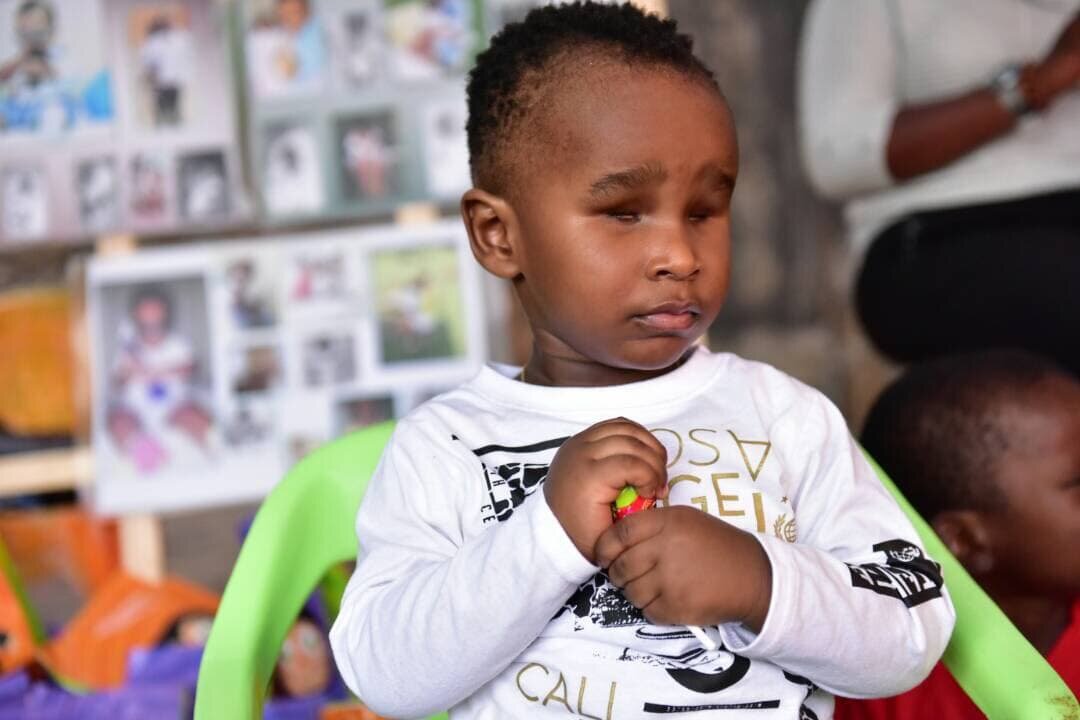
Rwanda
For the forest-dwelling people in Rwanda, Africa, integral parts of life such as school or work are foreign concepts. Abject poverty and food shortage mean that they focus on living one day at a time, further trapping them and their children in generational cycles of poverty, illiteracy and marginalisation. Is there hope in reversing this situation? We believe that lives and society can be changed radically, one child, one worker and one school at a time.

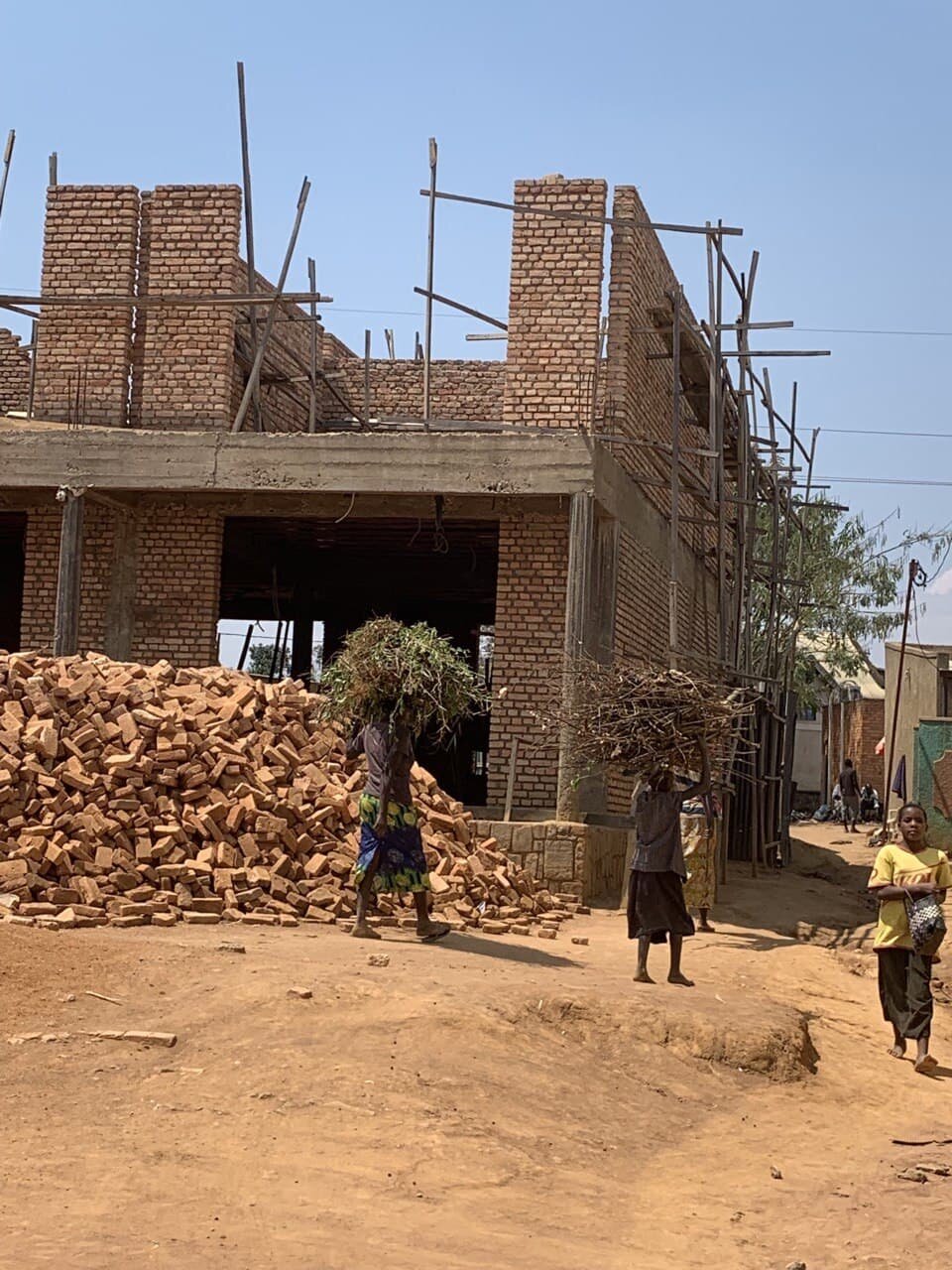
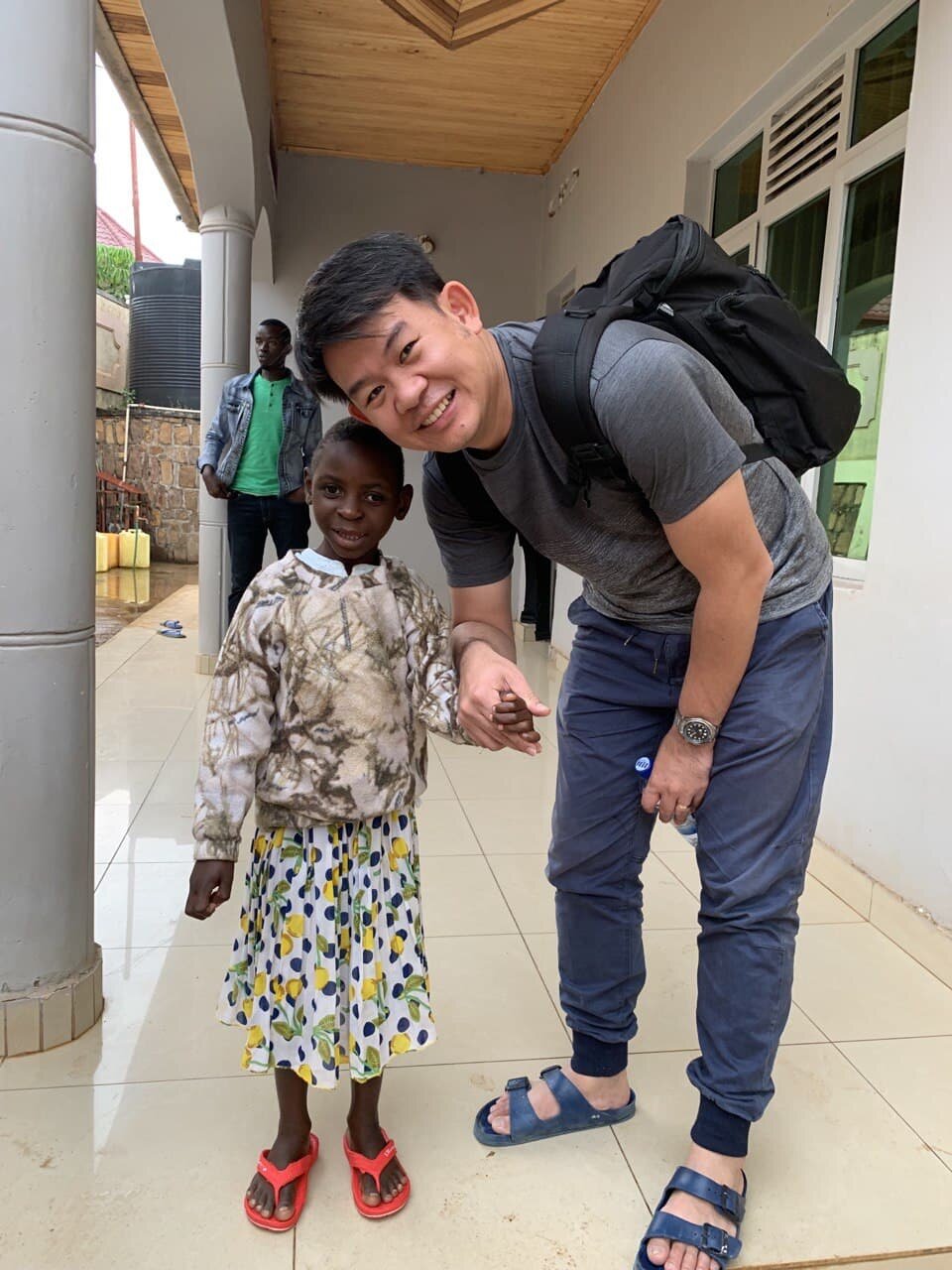
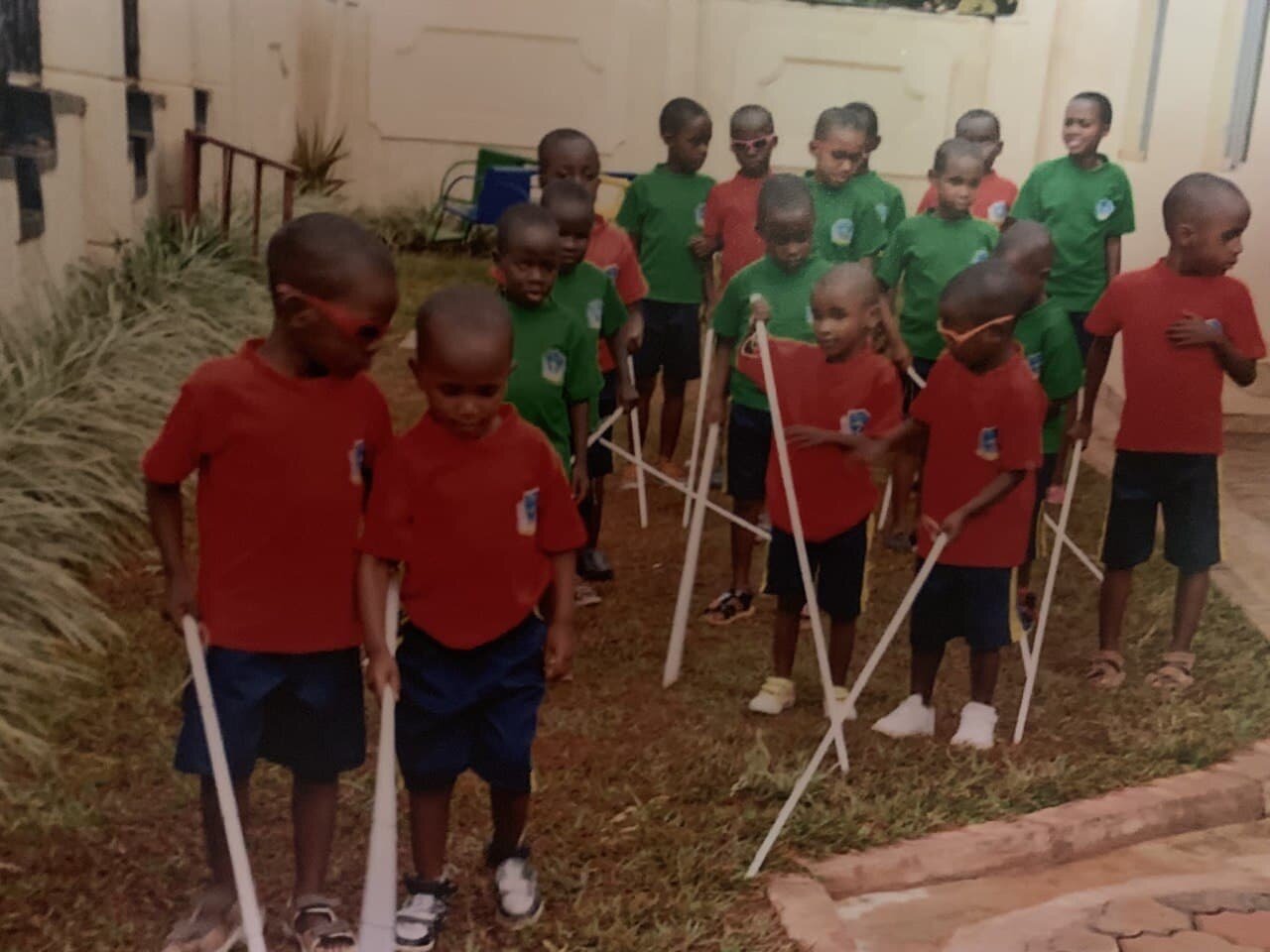
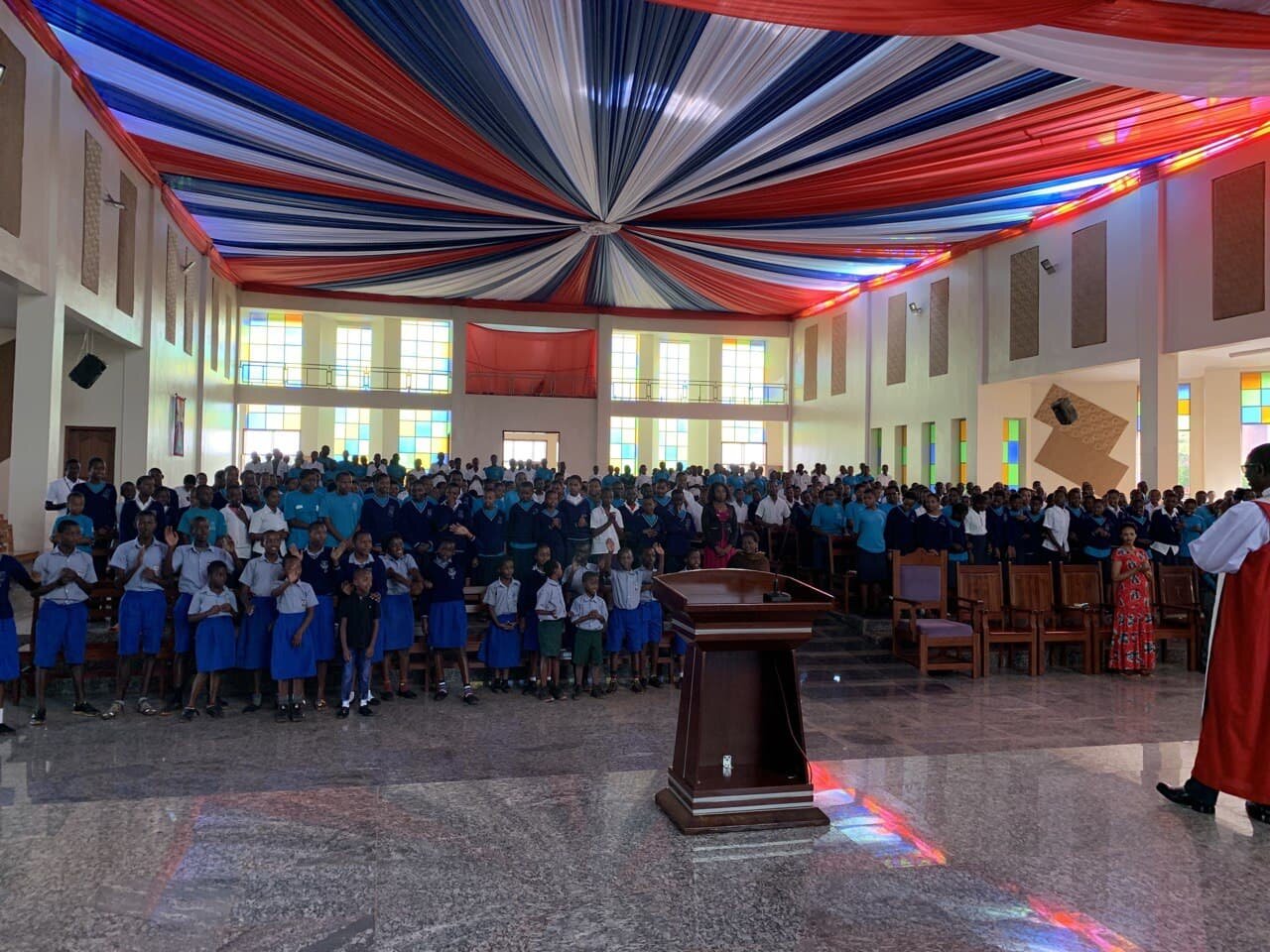
Blind School in Rwanda
Bizimana and Mushimiyimana are twin brothers who were born blind to parents living in Rwanda, Africa. Babies with such defects there share a similar fate: Viewed as a burden or even a curse to their families and village, they are either kept hidden at home or abandoned somewhere in the wild and left to die. The father of the two boys also wanted to kill them, but his wife stopped him from doing so. Singlehandedly, their mother struggled to bring them up when her husband left them. Due to extreme poverty, they developed malnutrition and other diseases over the years. Their future looked bleak.
In 2017, the founders of Living Oaks met a mother who also had a blind son. She not only wanted him to live, but also to be educated. There are no such schools for the blind there, and the blind children usually grow up to be malnourished, illiterate and buried under the shadows of rejection and shame, if they manage to beat the odds to stay alive.
With their architectural expertise, Living Oaks decided to work with that mother to build a school for the blind. Knowing that many of the children come with the trauma of being abandoned and rejected, and thus would need to spend much time counselling and learning through play, they built a space to suit those needs. An open-concept and multi-sensory environment with protective surfaces was created for play, while being safe enough for them to move around freely.
In this school, the children not only receive an education. They are counselled, fed and equipped with the skills needed for livelihoods in future. Their families are supported with projects- whether livestock, seeding or vegetable farming- to help alleviate poverty. There are also plans to build a hospital so that the children get the medical care they need. Many of them become blind unnecessarily from simple illnesses as they lack the money and facilities to receive treatment.
Today, the twin brothers are among some 120 children who attend the school. They are healthy and show much potential in their learning. There are plans to double the intake to see more lives transformed.
Vocational School
Imagine living your life hunting and gathering in the forests of Rwanda. You sleep amongst the trees and in caves, and there is no water or electricity. You eat once every few days and other people in the cities shun you, treating you like an animal. You live not expecting much; one day blends into another.
Someone comes and urges you to go to school. With education and skills, they say you and your children will have a better life. At this point, you have stopped hoping and believing. What matters more is whether you can find something to fill your stomach for the long night ahead.
Battling such difficulties, the vocational school that Living Oaks constructed for the adults was first used to provide meals for them. Beds, medication and cooking tools were also provided. Once their basic needs were met, the adults were then able to put their minds and hands to take up six-month courses in mechanics, carpentry, bricklaying, tailoring and food science.
The vision is to equip them with the skills and confidence for employment, so as to reduce poverty and enable sustainable livelihoods. With this goal, the vocational school for the Batwa people, an indigenous people group who are among the poorest and most marginalised in Rwanda, was built in 2019 for some 300 people.
While they learnt new skills in the school, their families were also supported. Female cows and goats were loaned to each family to help with farming and to provide milk for the children. Once the females gave birth, they would be loaned to another family since that family now had the means to support themselves. Seeds, fertilizers and chemicals were also given to families for them to start farming while the children were sponsored to attend the public school.
When the adults graduated from the vocational school, help was given to them to secure job opportunities and generate income.
Now, you can start visualising your future. It is getting clearer, day by day.
